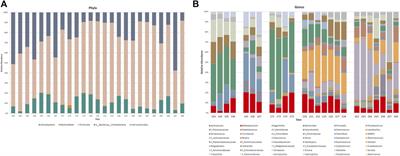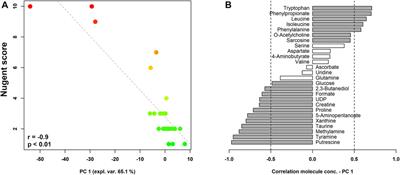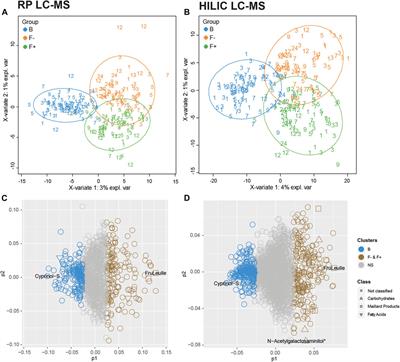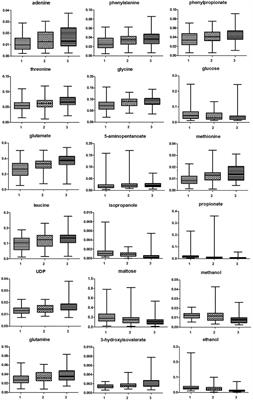EDITORIAL
Published on 30 Nov 2021
Editorial: Metabolomics of Human Microbiome Studies: Recent Advances in Methods and Applications
doi 10.3389/fmolb.2021.800337
- 1,261 views
- 1 citation
7,633
Total downloads
30k
Total views and downloads
EDITORIAL
Published on 30 Nov 2021
ORIGINAL RESEARCH
Published on 04 Oct 2021

BRIEF RESEARCH REPORT
Published on 28 Jul 2021

ORIGINAL RESEARCH
Published on 28 May 2021

ORIGINAL RESEARCH
Published on 17 May 2021

REVIEW
Published on 08 Feb 2021
